Iranian President-elect Masoud Pezeshkian has embraced bolder new policies than his predecessor, however, he faces many "golden hoops" ahead.
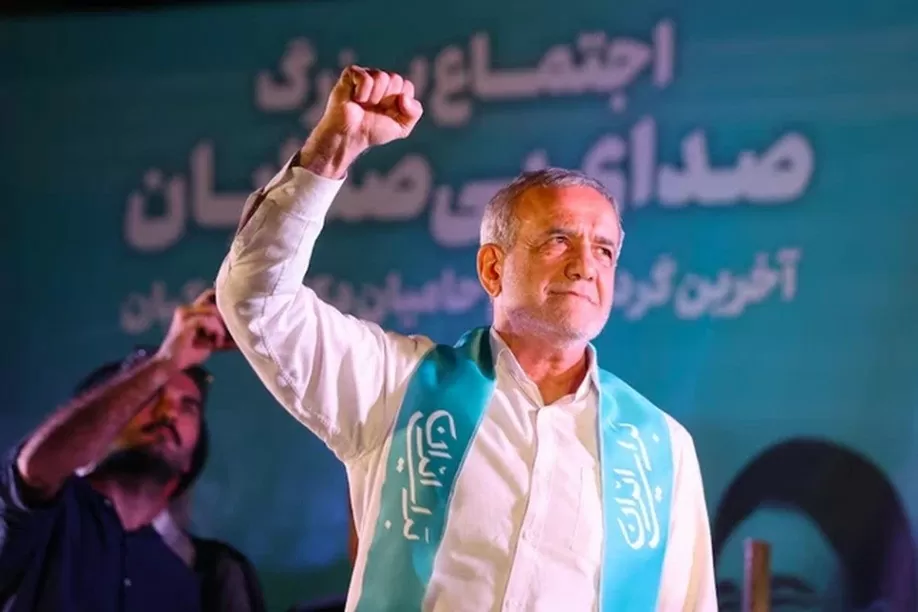 |
| Iranian President-elect Masoud Pezeshkian. (Source: AP) |
"Backward step" of hardliners
The election of Masoud Pezeshkian, a relatively moderate figure, has raised hopes among Iranians yearning for social freedom and better relations with the West, but Iran is unlikely to see major policy changes.
According to analysts and people familiar with Iranian politics , the political fate of Iran's ruling clerics depends on resolving the current difficult economic situation. Therefore, Mr. Pezeshkian may act relatively strongly to restore the economy.
Under Iran's dualistic political system of theocracy and republic, the president cannot push through any major policy changes on the nuclear program or foreign policy, as Supreme Leader Ali Khamenei holds ultimate authority over all high-level state matters.
However, the president can influence the overall tone of policy and will be closely involved in choosing a successor to Mr Khamenei, who is now 85.
Hardliners in institutions that Supreme Leader Khamenei controls such as the judiciary, armed forces and media have previously blocked opening up to the West or liberalization within the country.
Supreme Leader Khamenei has issued guidelines for the new government , advising Mr Pezeshkian to continue the policies of the late hardline President Ebrahim Raisi, who died in a helicopter crash in May.
“Mr. Pezeshkian describes himself as a ‘principlist’ – someone committed to the ideological principles of the revolution – and has made clear his devotion to the IRGC and Leader Khamenei,” commented Karim Sadjadpour, a researcher working for the Carnegie Endowment in Washington.
Mr Pezeshkian won the second round of Iran's presidential election, but has not yet been sworn in. He has pledged to promote a pragmatic foreign policy and ease tensions with six powers involved in stalled nuclear talks to revive the 2015 nuclear accord.
Analysts say Mr Pezeshkian's victory is a setback for hardliners like his rival Saeed Jalili, who oppose opening up to the West or reviving the nuclear treaty.
However, Mr. Pezeshkian hopes that resuming negotiations with the West will lead the US to lift tough sanctions amid growing public discontent over current economic difficulties. However, White House spokesman John Kirby said on July 8 that the country is not ready to resume nuclear negotiations with Iran under the new president.
The risk of change is very high.
For Mr Pezeshkian, the stakes are high. Iran’s president-elect could be politically vulnerable if he fails to restore the pact, which then-US President Donald Trump abandoned in 2018 and reimposed harsh sanctions on Iran.
“He will face a difficult road ahead,” said a former senior reformist Iranian official. “Mr. Pezeshkian’s failure to restore the treaty will weaken his presidency and provoke a backlash from the reformists who once stood by him.” For Iran, restoring relations with the US remains impossible.
The economy remains Supreme Leader Khamenei’s Achilles’ heel, so escaping the devastating US sanctions that have cost Iran billions of dollars in lost oil revenue will remain the new president’s top economic goal. Soaring prices and limited purchasing power have left millions of Iranians struggling with sanctions and government mismanagement.
Khamenei said economic hardship was a persistent challenge, and Iranian leaders feared a repeat of the protests by low- and middle-income earners that erupted in 2017.
Analysts say Iran's economic outlook appears increasingly uncertain, with the possible return of Donald Trump to the US presidency likely to lead to a tightening of the country's stringent oil sanctions.
President-elect Pezeshkian is an insider with close ties to the theocratic Leader Khamenei, and he has the ability to build bridges between factions and create moderation, but this will not help him make the fundamental changes that reformist Iranians demand.
Analysts say Mr Pezeshkian could find himself in a similar situation to his predecessors, reformist President Mohammad Khatami and pragmatist Hassan Rouhani, who both appealed to Iranians for change but were ultimately thwarted by hardliners within the elite.
Iran will also find it difficult to change its regional policy. The ultimate authority on Iran's regional policy is not the president, but the IRGC, which is responsible only to Khamenei.
Mr. Pezeshkian takes office at a time of escalating tensions in the Middle East due to the Israel-Hamas conflict in the Gaza Strip and Hezbollah's moves in Lebanon.
There is no sign of a change in Iran’s regional policy, with Pezeshkian reaffirming his country’s anti-Israel stance and support for movements across the region on July 8.
Source: https://baoquocte.vn/tong-thong-dac-cu-iran-muon-lam-khac-nhung-se-chang-de-dang-vi-sao-278283.html



![[Photo] Da Nang residents "hunt for photos" of big waves at the mouth of the Han River](https://vphoto.vietnam.vn/thumb/1200x675/vietnam/resource/IMAGE/2025/10/21/1761043632309_ndo_br_11-jpg.webp)
![[Photo] Prime Minister Pham Minh Chinh received Mr. Yamamoto Ichita, Governor of Gunma Province (Japan)](https://vphoto.vietnam.vn/thumb/1200x675/vietnam/resource/IMAGE/2025/10/21/1761032833411_dsc-8867-jpg.webp)

![[Photo] Prime Minister Pham Minh Chinh meets with Speaker of the Hungarian National Assembly Kover Laszlo](https://vphoto.vietnam.vn/thumb/1200x675/vietnam/resource/IMAGE/2025/10/20/1760970413415_dsc-8111-jpg.webp)



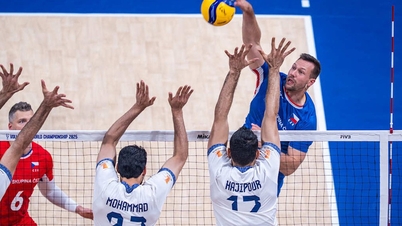

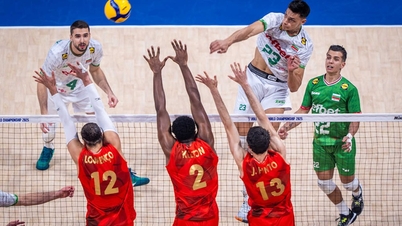

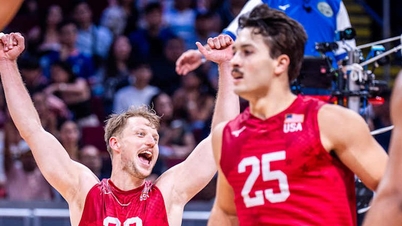
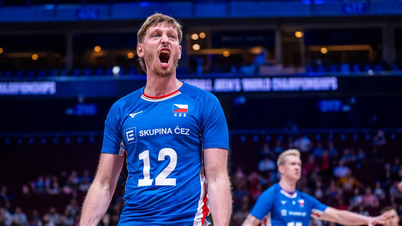


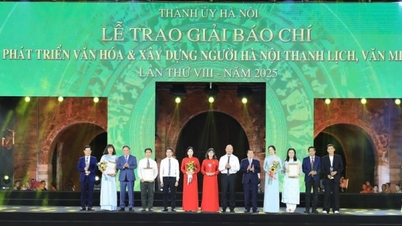

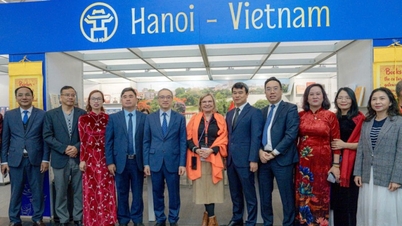
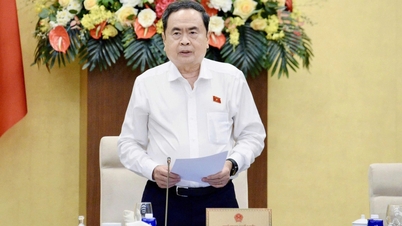
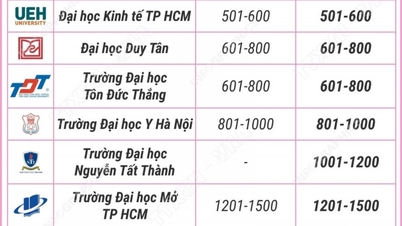
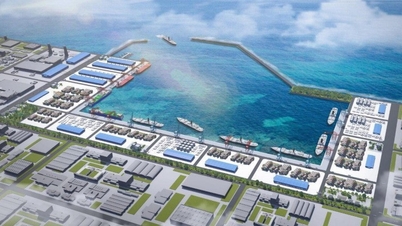
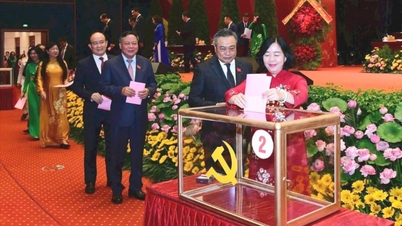




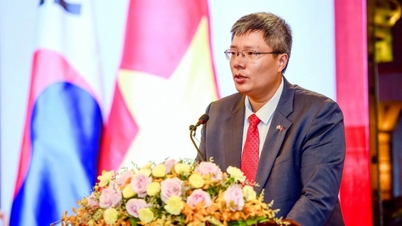
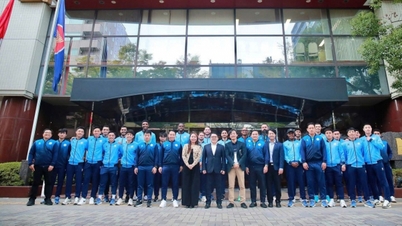
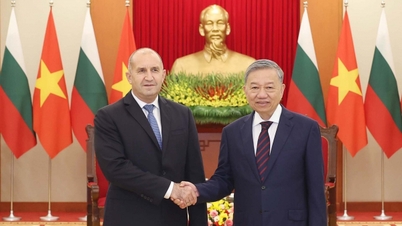
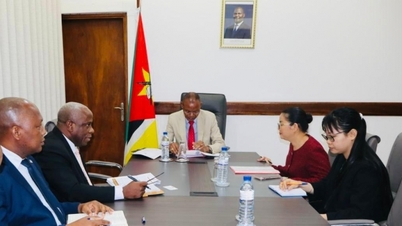
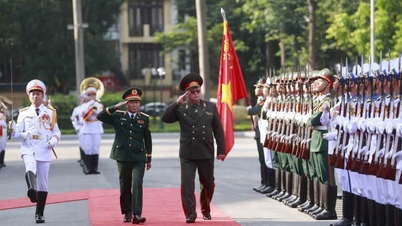





















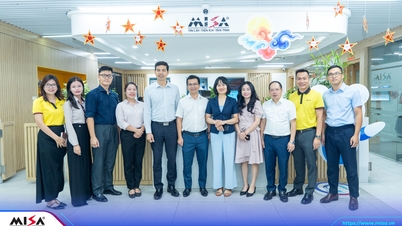













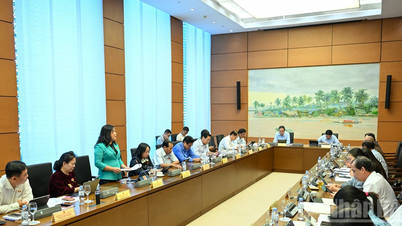
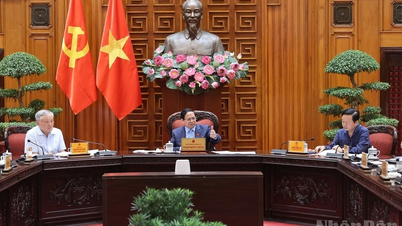
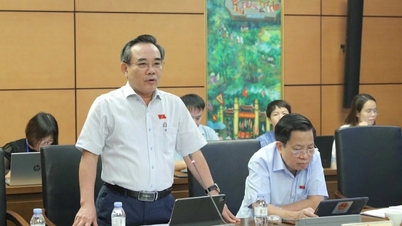
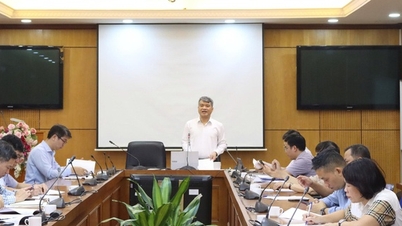
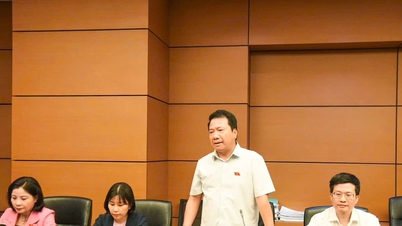

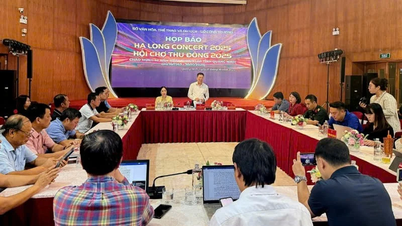
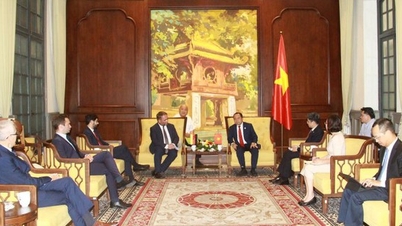

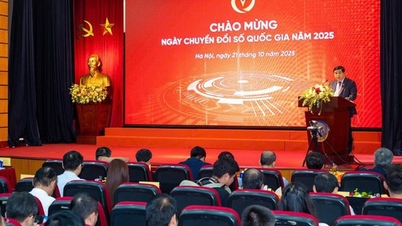

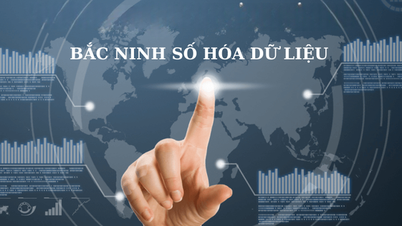
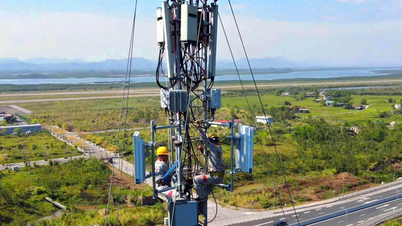
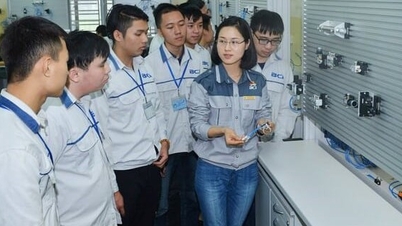
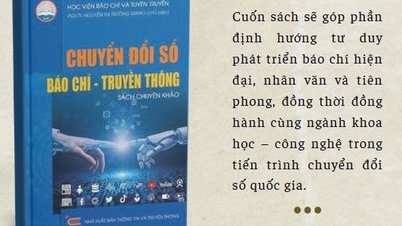
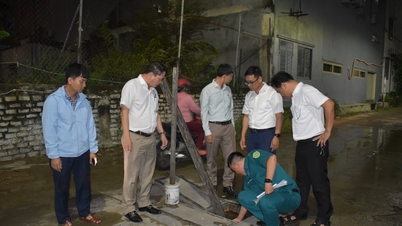

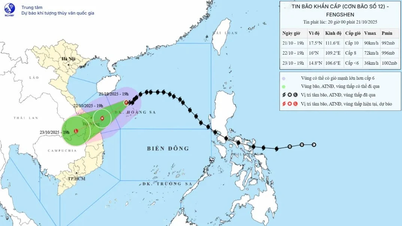

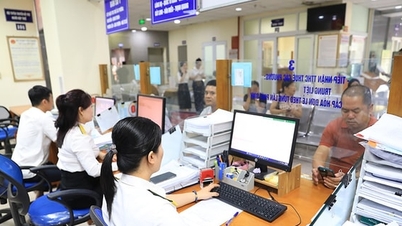

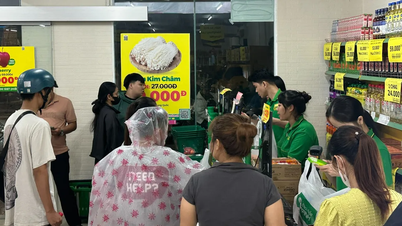

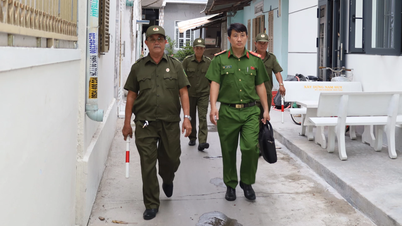

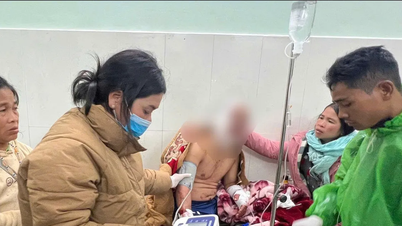










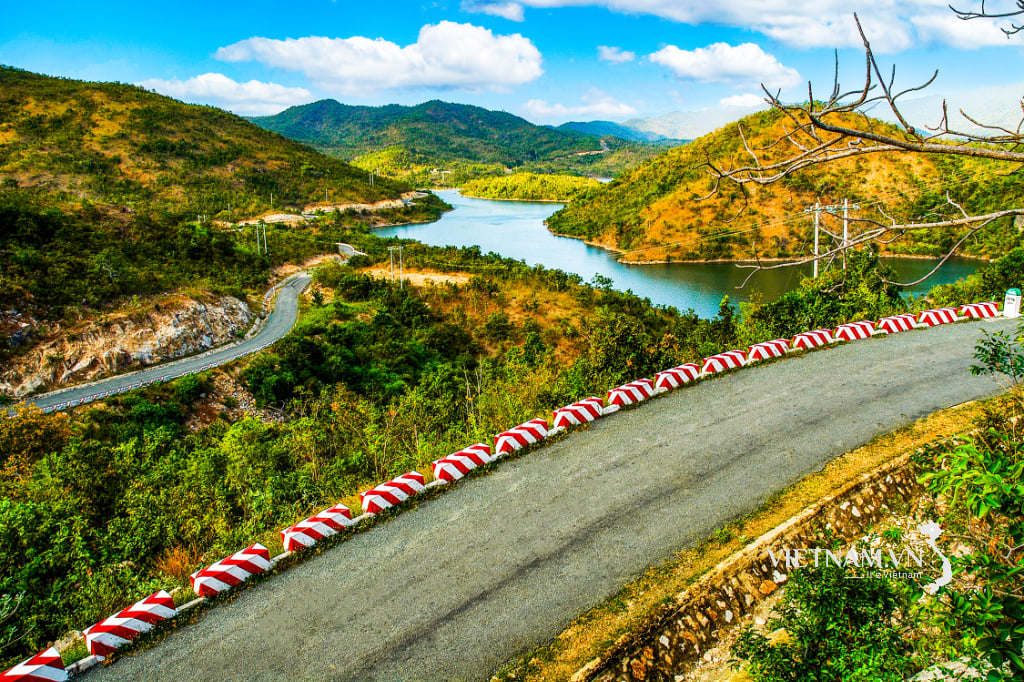


Comment (0)